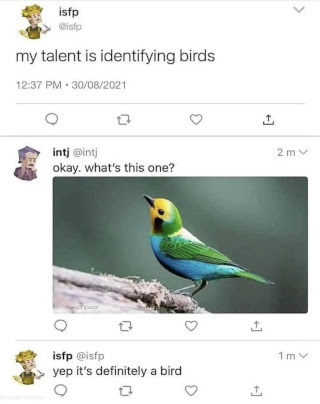[From Unsplash]
Good morning,
It’s that time of the year when New Year Resolution Fatigue, as we like to call it, may start to set in. All those promises to the self of acquiring a new skill or some life-changing habit you may have embraced may perhaps begin to appear excruciatingly tough and many may be on the verge of giving up. A word of advice: Hang on!
Daniel Coyle writes in the very delightful The Little Book of Talent that “When it comes to growing new skills, eight weeks seems to be an important threshold. It’s the length of many top-level training programs around the world, from the Navy SEALs’ physical-conditioning program to the Meadowmount School of Music program to the clinics of the Bolshoi Ballet to the mission training for the Mercury astronauts. A recent study at Massachusetts General Hospital showed that practising meditation for twenty-seven minutes a day created lasting brain changes in (you guessed it) eight weeks.”
“Of course, this doesn’t mean that you can be proficient in any skill in eight weeks. Rather, it underlines two more basic points: 1) Constructing and honing neural circuitry takes time, no matter who you are; and 2) Resilience and grit are vital tools, particularly in the early phases of learning. Don’t make judgments too early. Keep at it, even if you don’t feel immediate improvement. Give your talent (that is, your brain) the time it needs to grow.”
Stay safe. And stay at it.
The art of timing
In a Harvard Business Review essay, John Coleman, coauthor of the book, Passion & Purpose: Stories from the Best and Brightest Young Business Leaders, argues that searching for purpose late in one's life is a missed opportunity. One should start with it.
He writes: "As you get started thinking about a deeper vision for significant success, ask yourself a few questions:
- What is the core purpose of my work and the ways in which it makes the world better, and how can I lean into that purpose or craft my day-to-day work to emphasize it?
- Who are the key relationships in my life, both inside and outside of work, and how can I deepen and enrich them?
- Who am I serving in my work and outside of it, and what more can I do at work, at home, and in my community to serve others?
- How am I becoming better each day? How can I pursue meaningful craft in my personal or professional life?
Many people who wait until the second half of their lives to consider these questions find their ability to experience true success has been diminished by several decades of following an emptier course. And while it’s never too late to turn to a life of significance, it’s better to have lived one all along."
Dig Deeper
How the best managers work
The best managers coach people. They don’t fix problems. Anita Hossain Choudhry and Mindy Zhang, both of whom are executive coaches and have worked with leaders globally, point this out on First Round Review. They write that “Most managers haven’t been taught how to assess their style or shift their approach — many bring the best of intentions, but frankly, simply end up winging it.”
“But if they aren’t aware of it, most managers default to a single approach. Daniel Goleman, a psychologist and leadership author, studied 3,871 executives and identified six leadership styles: Commanding, Visionary, Affiliative, Democratic, Pacesetting, and Coaching. What he found was that the most effective leaders didn’t over-rely on a single style; they had mastered multiple styles and could skillfully match the right style to a situation.”
“Similarly, as a manager, you have a toolbox of skills, styles, and competencies to pull from. In order to be the best manager possible, you need to: (a) assemble a diverse and varied toolbox, and (b) wisely select the tool that will be most useful in a given situation.”
They point out that in their experience, they have noticed most managers are prone to fixing problems. While this is not necessarily a bad thing and may work well in many situations, the best managers, they write, know that fixing a problem may not always work. That is when coaching comes. “Coaching allows us to shift the focus away from ourselves and onto the person we’re coaching.”
“Of course, this term is still a bit fuzzy, especially in the startup world, where coaching can take many forms. We define coaching as getting someone from where they are to where they want to go by tapping into their own wisdom and keeping them accountable to achieving their goals.”
“To put it simply: Coaching is a skill, while being a manager is a role.”
“The key element is tapping into their own wisdom, not your wisdom. When we constantly support our teams using our wisdom, we are hyper-focused on solving the problem at hand based on our past experiences and learnings.”
Dig Deeper
Talent is overrated

(Via WhatsApp)
Found anything interesting and noteworthy? Send it to us and we will share it through this newsletter.
And if you missed previous editions of this newsletter, they’re all archived here.
Warm regards,
Team Founding Fuel
(Note: Founding Fuel may earn commissions for purchases made through the Amazon affiliate links in this article.)

